Rail strikes: whose side is the public on?
Opinion split over who is to blame for month of train disruptions following failed talks between transport officials and unions
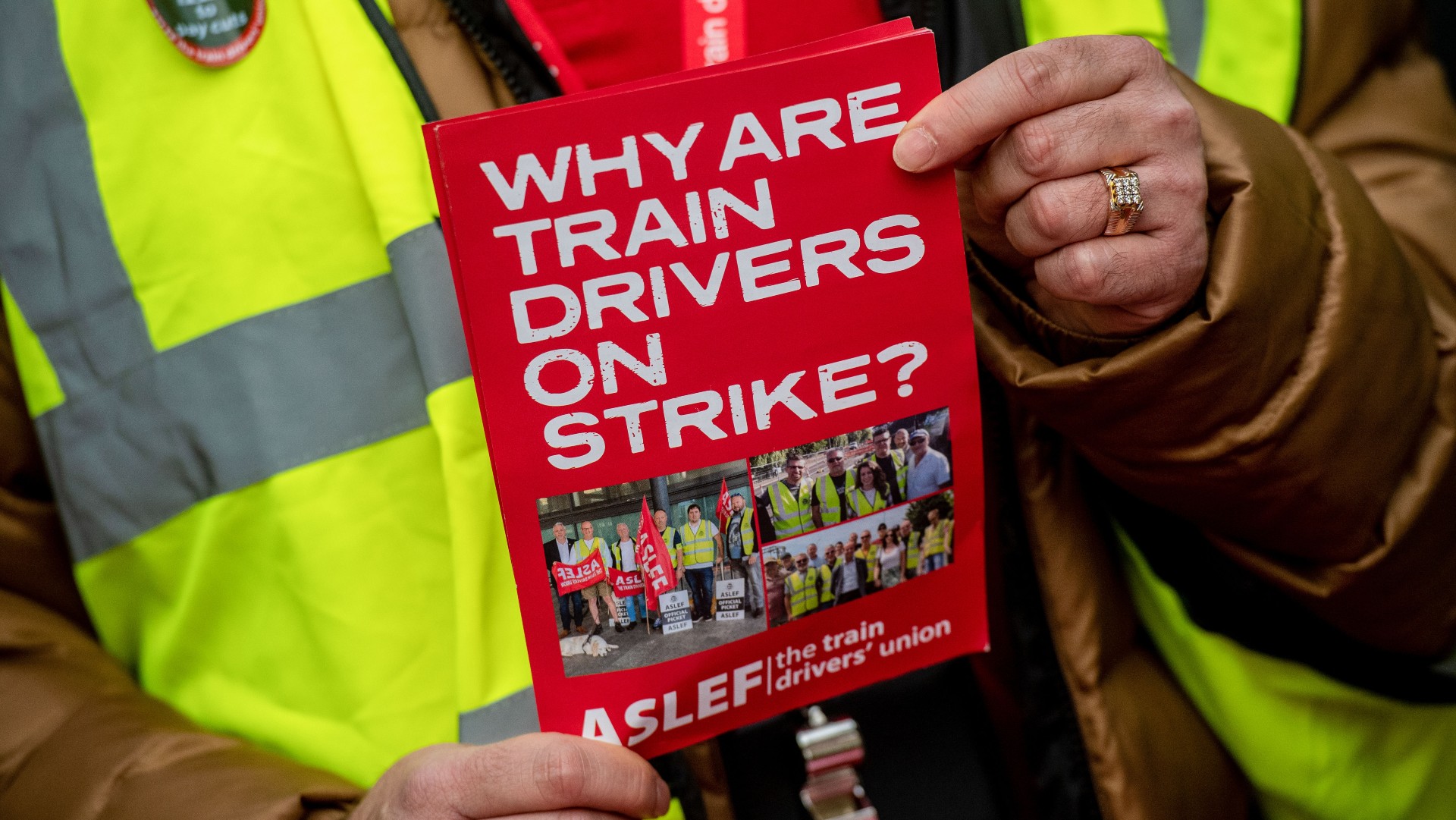
A free daily email with the biggest news stories of the day – and the best features from TheWeek.com
You are now subscribed
Your newsletter sign-up was successful
The “tide is turning” against the rail unions, Transport Secretary Mark Harper has claimed as a month of train disruption begins.
Union bosses and the government have embarked on a bitter blame game after last-minute talks failed to avert a series of train strikes that threaten to bring the UK to a standstill over Christmas.
Harper told GB News that nearly 40% of rail employees had voted in favour of the pay deal offered and that “most people would consider it was reasonable”.
The Week
Escape your echo chamber. Get the facts behind the news, plus analysis from multiple perspectives.

Sign up for The Week's Free Newsletters
From our morning news briefing to a weekly Good News Newsletter, get the best of The Week delivered directly to your inbox.
From our morning news briefing to a weekly Good News Newsletter, get the best of The Week delivered directly to your inbox.
But RMT General Secretary Mick Lynch insisted support for strike action remained high among the union’s members, telling BBC Breakfast that “84% of our people voted and 63% of those people voted to reject” the offer. “If politicians could get that kind of turnout in an election and that kind of result in any vote they would be delighted,” he added.
Public opinion split
According to The Sun, the “put-upon public are turning against militant unions set on ruining Christmas” in a country already struggling as a result of the cost-of-living crisis.
A YouGov poll last week of more than 3,300 people found that 51% opposed the rail strike, while 37% supported the strikers.
The backlash is particularly strong in the already-beleaguered hospitality sector, which faces a wave of cancellations due to train service cancellations.
A free daily email with the biggest news stories of the day – and the best features from TheWeek.com
Michael Kill, boss of the Night Time Industries Association, said it was “clear public opinion is shifting, with many angry at being unable to enjoy a traditional festive period”. He added that “in previous strike action days, we have seen in some cases up to 40% lost in trade, with billions of pounds in the balance”.
Public opinion on the wider role of unions on UK society is also increasingly split, with “those who think trade unions play a negative role in Britain now equal to those who think their role is positive”, according to YouGov tracker data.
And “the public are also increasingly unhappy over the apparent ease at which trade unions can take strike and the rules governing these strikes”, said the polling company.
The blame game
While a growing number of people appear to oppose strike action, opinion seems split on who is ultimately to blame.
A YouGov poll for The Times found almost half of voters (46%) blamed the government for industrial action by nurses and ambulance workers, while 17% blamed unions. However, only a third (33%) blamed the government for the looming rail strikes, with 31% blaming the unions.
A separate poll in The Observer found that 40% blamed the rail strikes on either the government (23%) or train companies (17%), with 37% holding unions responsible.
“If that picture is mixed, that is probably worse news for the government than unions, who certainly want public backing but ultimately answer only to their membership,” said Archie Bland in The Guardian.
The big question now is “whether the reality of strikes in the run-up to Christmas turn voters against the unions”, he added, “or reinforces the sense that industrial action is part of a wider picture of government incompetence”.
“Certainly most people in Westminster are wondering where this all does end,” said Politico's London Playbook. A unnamed Tory MP reportedly told the news site that the factor which would determine how long the strikes last is “entirely a battle of public opinion”.
The problem for the Conservatives, said Freddie Hayward in The New Statesman, “is that even if the public loses patience with the strikers, that doesn’t mean they’ll sympathise with the government”.
An end to the strikes “cannot be portrayed as a victory but merely a return to an unpopular status quo”, he argued. And “people won’t be grateful for the resumption of a backlog-ridden NHS or dysfunctional train service”.
-
 6 of the world’s most accessible destinations
6 of the world’s most accessible destinationsThe Week Recommends Experience all of Berlin, Singapore and Sydney
-
 How the FCC’s ‘equal time’ rule works
How the FCC’s ‘equal time’ rule worksIn the Spotlight The law is at the heart of the Colbert-CBS conflict
-
 What is the endgame in the DHS shutdown?
What is the endgame in the DHS shutdown?Today’s Big Question Democrats want to rein in ICE’s immigration crackdown
-
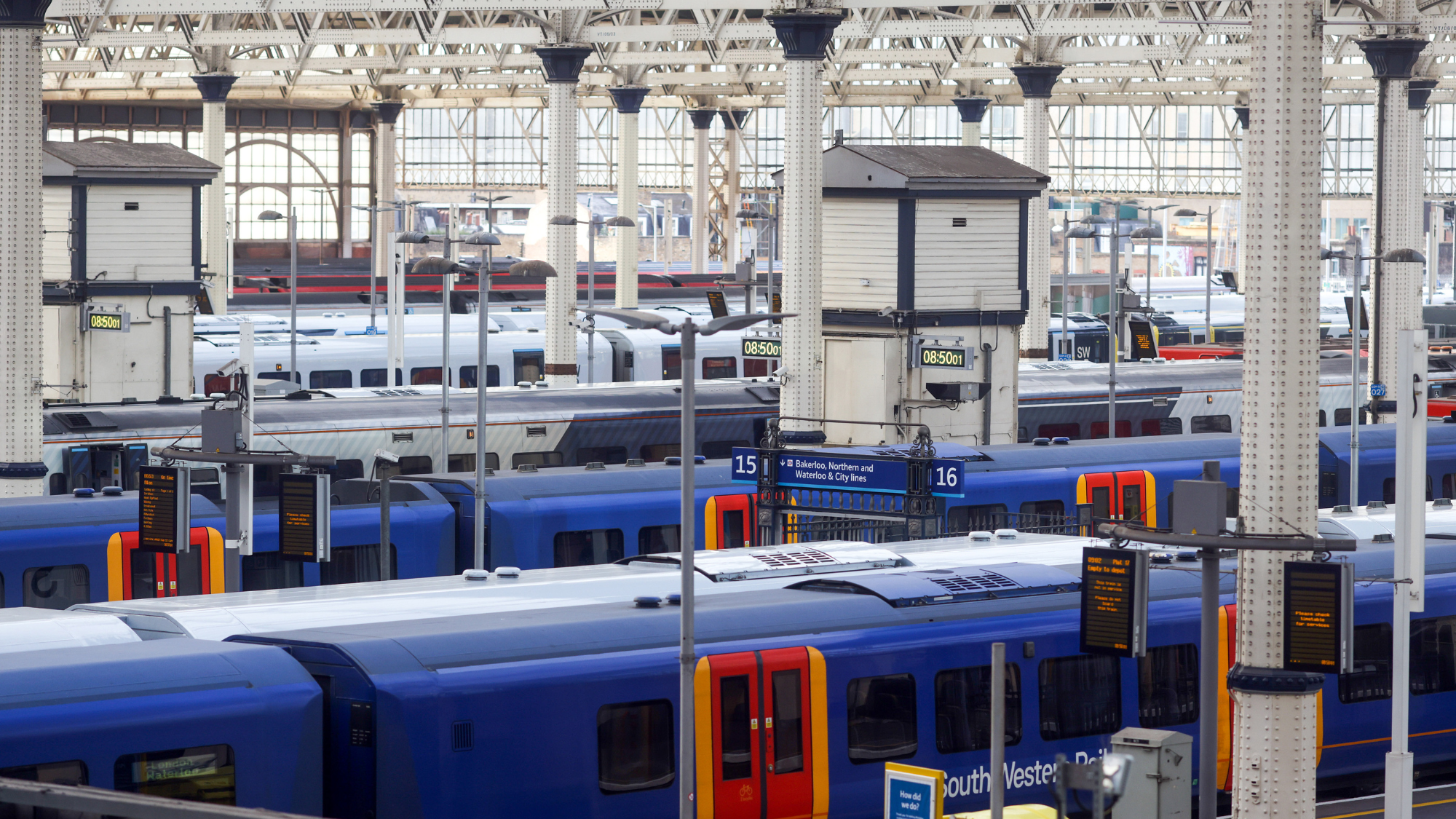 Is it finally all change for train Wi-Fi?
Is it finally all change for train Wi-Fi?In The Spotlight South Western Railway's 5G Wi-Fi service has changed the way passengers connect – but will the new system catch on?
-
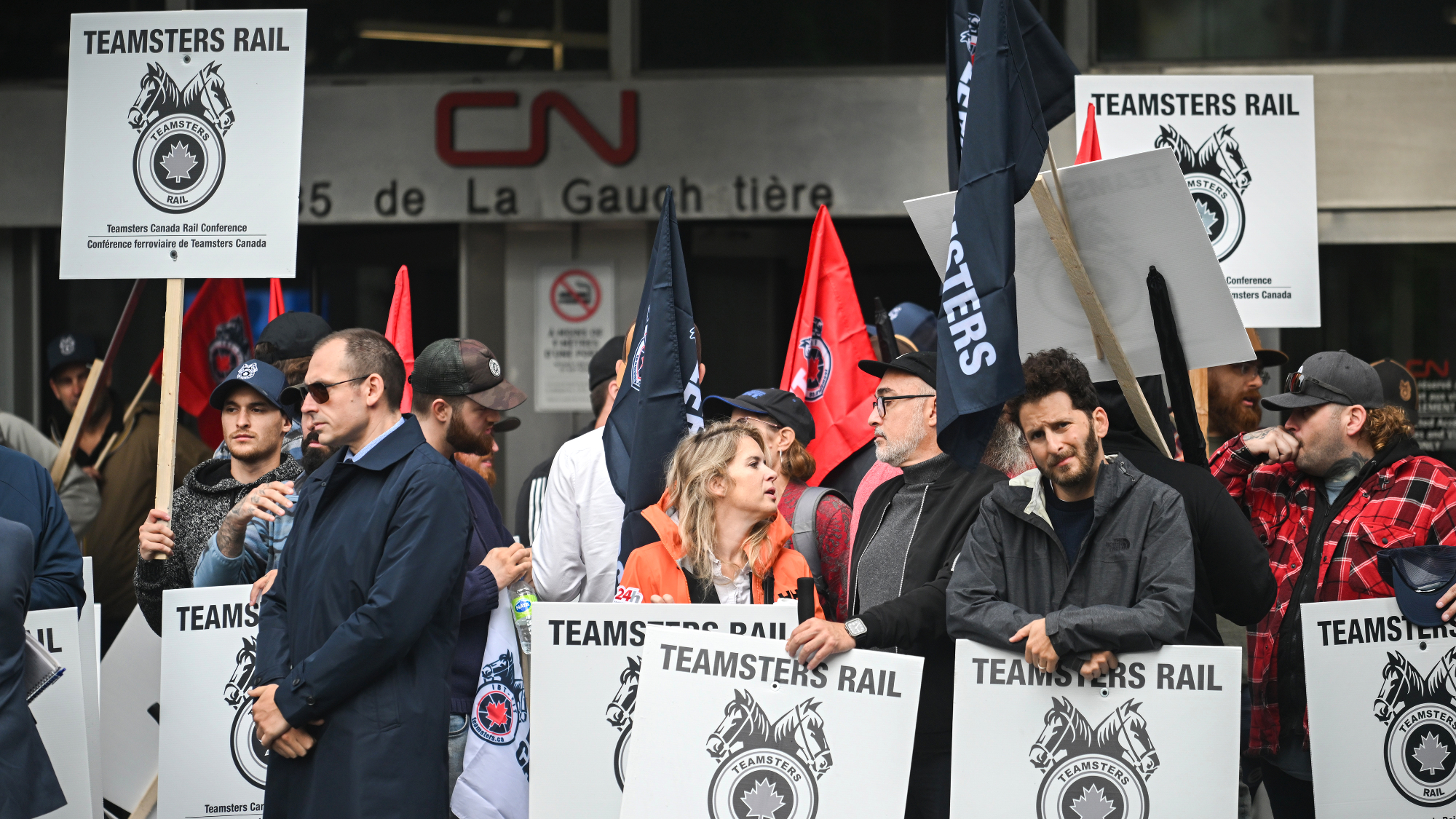 Brief Canada rail lockout ends with arbitration
Brief Canada rail lockout ends with arbitrationSpeed Read A prolonged shutdown could have threatened the country's supply chain
-
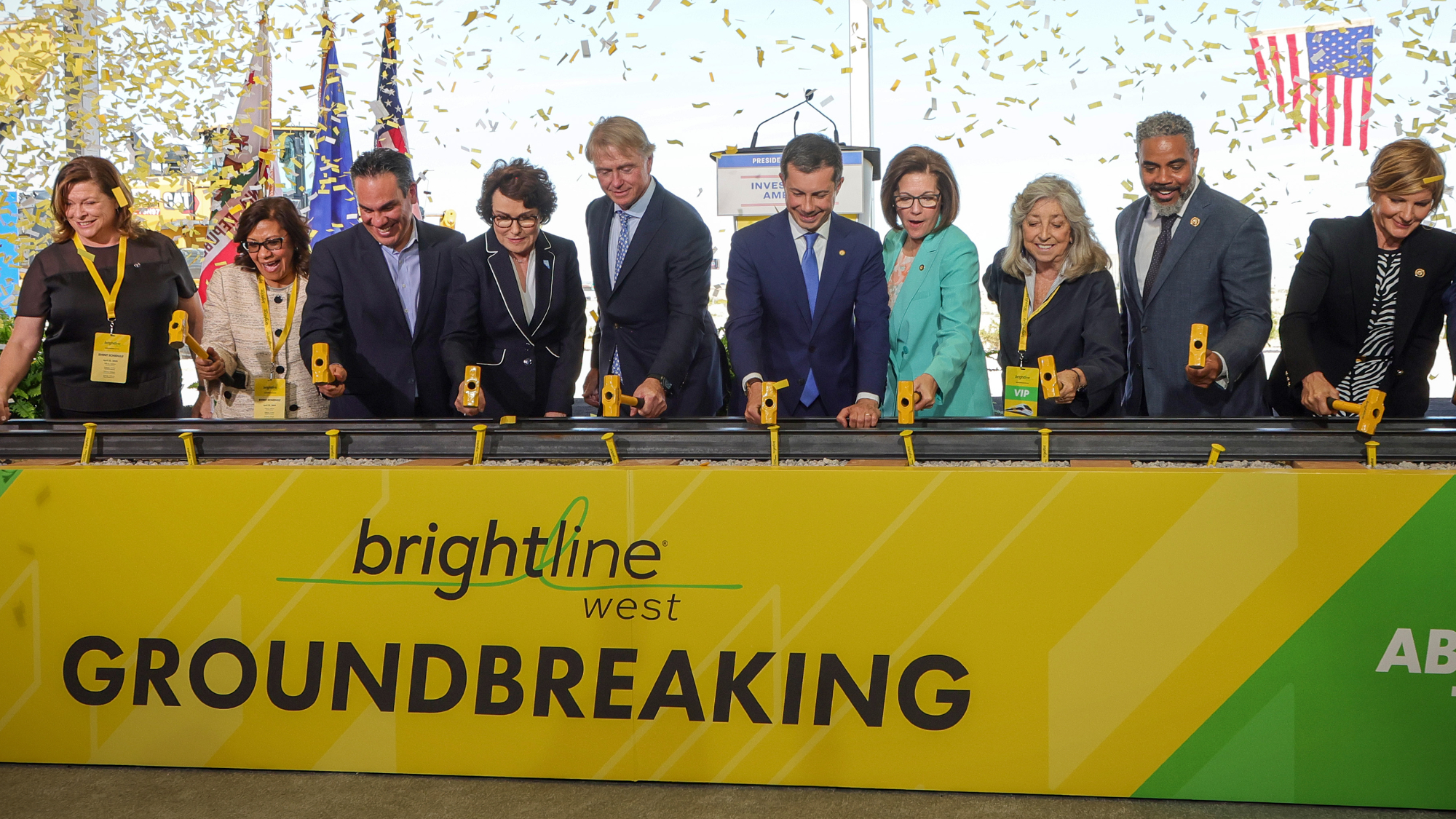 LA-to-Las Vegas high-speed rail line breaks ground
LA-to-Las Vegas high-speed rail line breaks groundSpeed Read The railway will be ready as soon as 2028
-
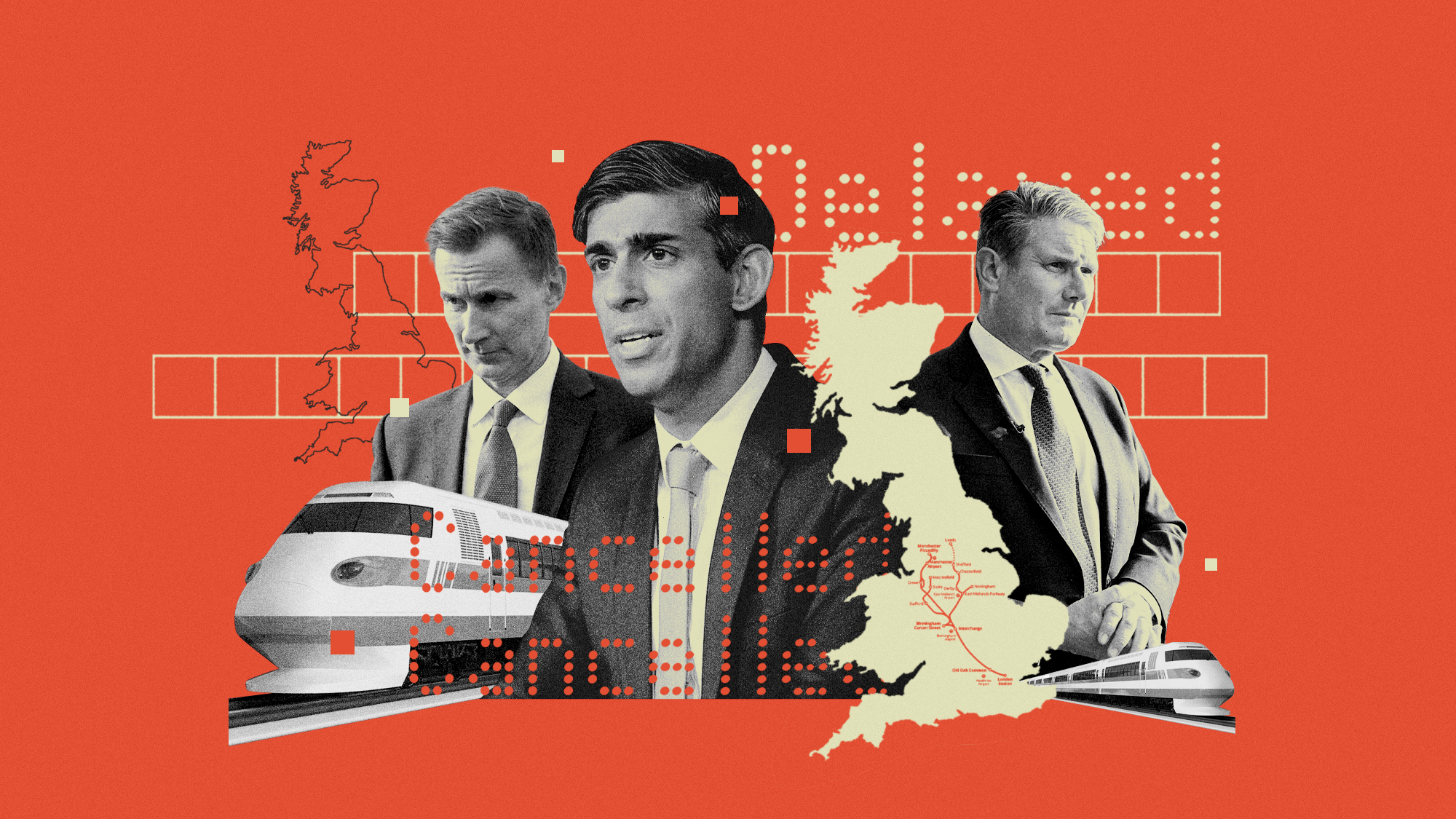 Can HS2 get back on track?
Can HS2 get back on track?Today's Big Question West Midlands mayor offers business solution to keep northern leg but final decision may rest with Labour
-
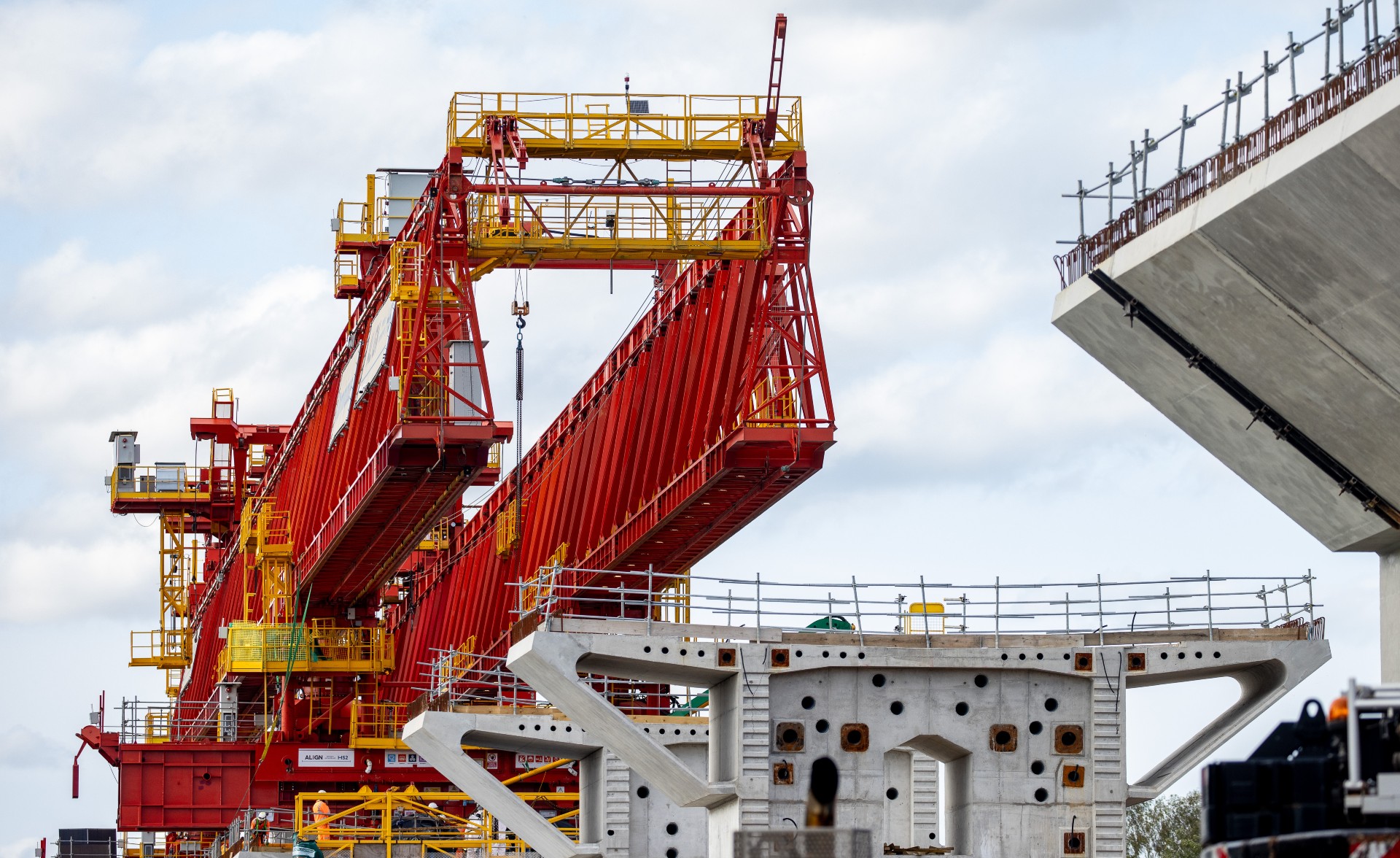 HS2: a runaway train
HS2: a runaway trainTalking Point PM may cut Manchester to Birmingham line of beleaguered rail project due to spiralling costs
-
 Paris bans e-scooter rentals
Paris bans e-scooter rentalsTalking Point Electric vehicles were popular with younger residents but older Parisians swung the crucial referendum
-
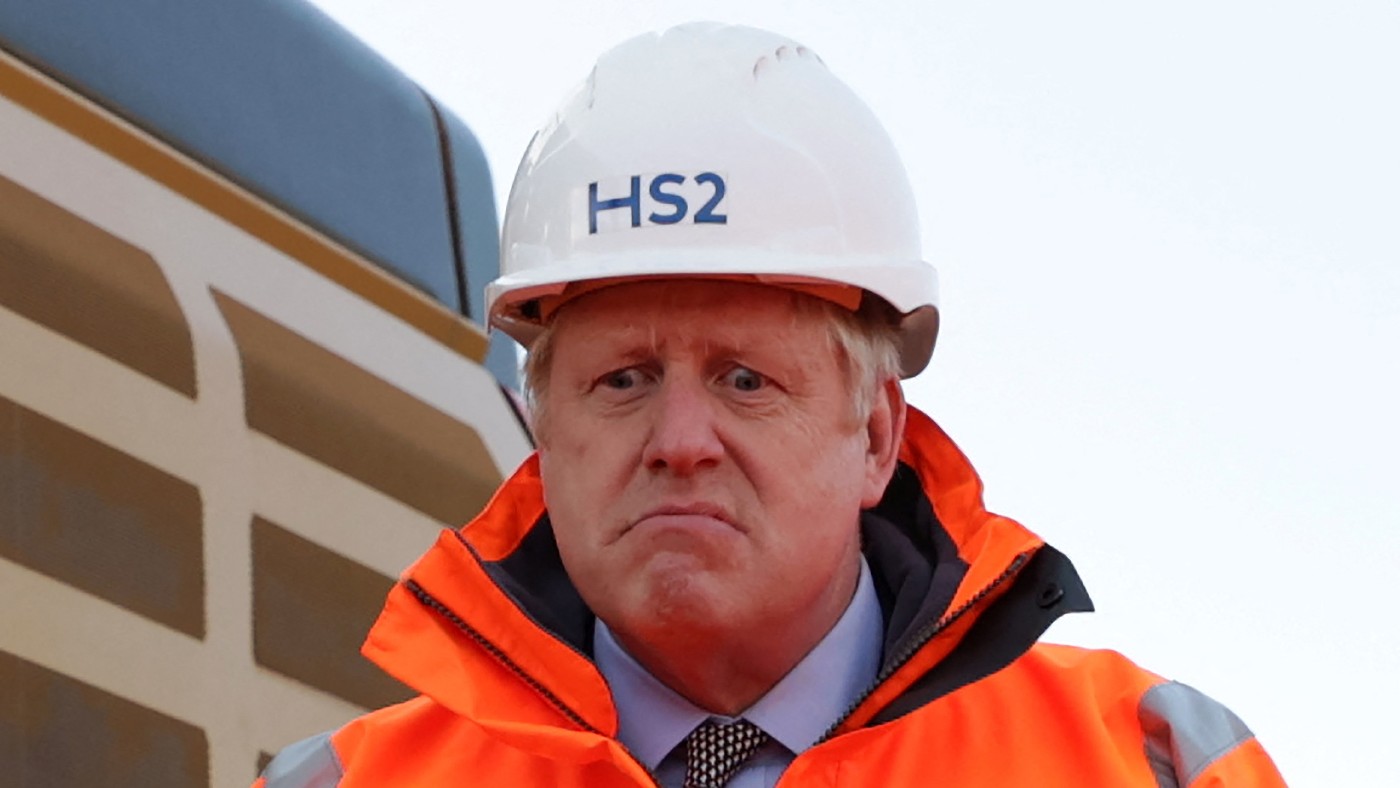 HS2: is this the end of the line?
HS2: is this the end of the line?Talking Point The costs of the track have steadily risen even as the potential gains have diminished say detractors
-
 Electric flying taxis: pie in the sky or climate panacea?
Electric flying taxis: pie in the sky or climate panacea?Talking Point Race is on to develop ‘quieter, cheaper and emission-free aircraft’ that can land in city centres